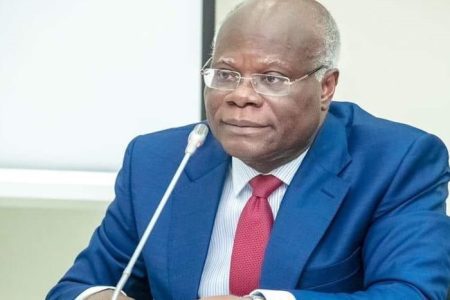Cement dealers in Ghana have taken a significant step to support the market by absorbing GH₵35 of the current price of cement, despite a 104% depreciation of the cedi since 2022.
An analysis shows that over the same period, the industry has only increased prices by 48%, despite 77% of cement inputs being dollar-denominated.
Passing on the full rate of cedi depreciation would have increased cement prices by an additional GH₵35, but the industry chose to absorb this cost.
The price of cement now ranges from GH₵95 to GH₵110, depending on the brand and retail location.
14 cement producers
Ghana boasts 14 individual cement producers, surpassing Nigeria’s 12 and Togo’s five, contributing to some of the lowest cement prices in West Africa.
Taxes, levies, service charges constitute 30% of cement price
However, 30% of the cost structure includes government taxes, levies, and service charges.
Cement prices in other countries
In dollar terms, cement prices are relatively lower in Ghana ($5.9) compared to neighboring countries such as Nigeria ($5.4), Togo ($5.6), Senegal ($6.1), Benin ($6.1), Liberia ($8.1), Cameroon ($8.1), and Burkina Faso ($8.7).
The current pricing scenario has sparked disagreements between cement manufacturers and the government, which is advocating for a Legislative Instrument to regulate cement prices.
Manufacturers argue that this regulation is unfair and could harm Ghanaians by potentially reducing production if imposed prices do not cover production costs.
This reduction could hinder construction projects, lead to job losses, and discourage investment.
Cement manufacturers emphasize the need for dialogue and long-term solutions, such as promoting the local sourcing of raw materials.
They advocate for open communication between stakeholders to ensure a sustainable and affordable cement supply for Ghana.
